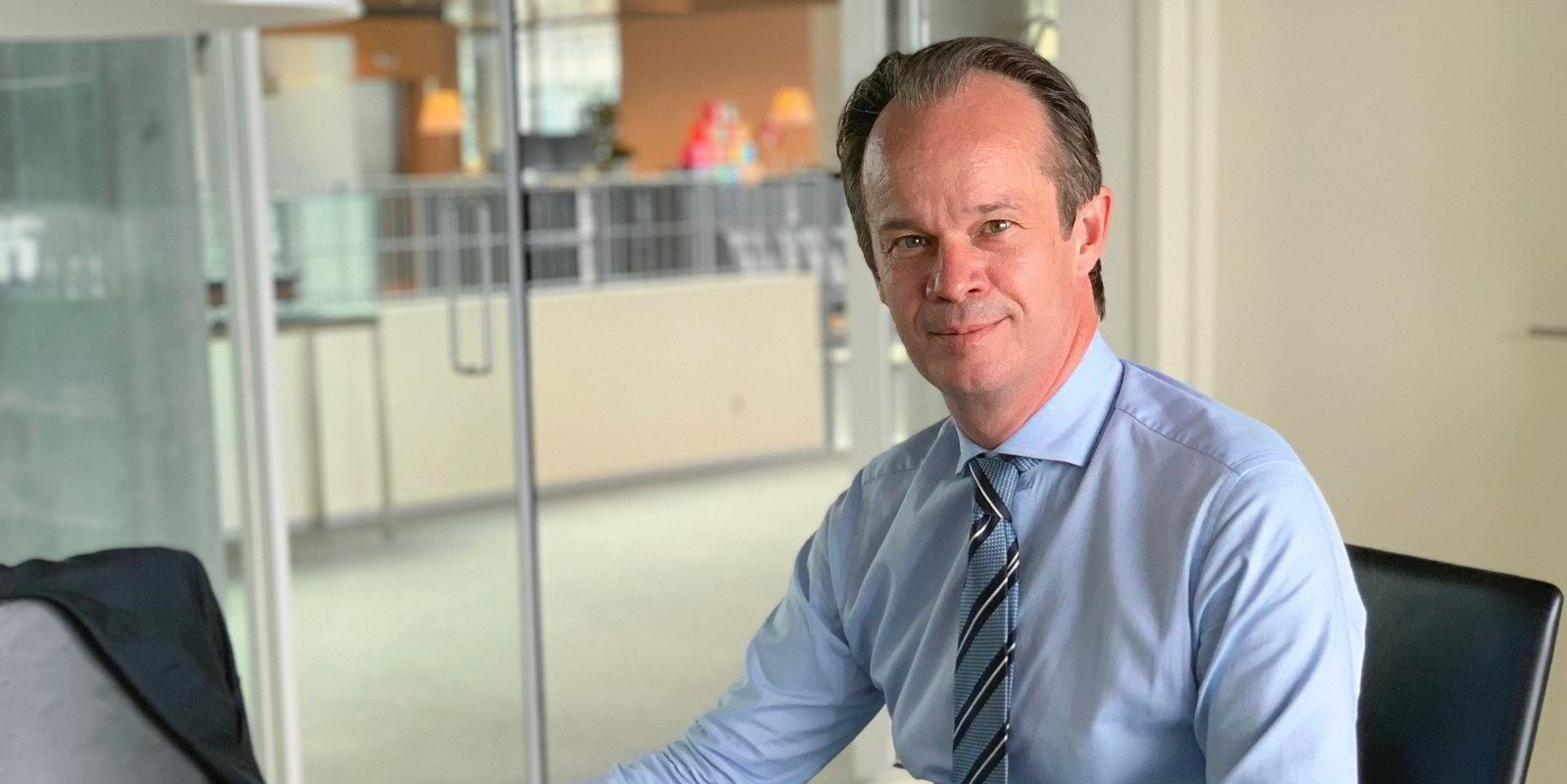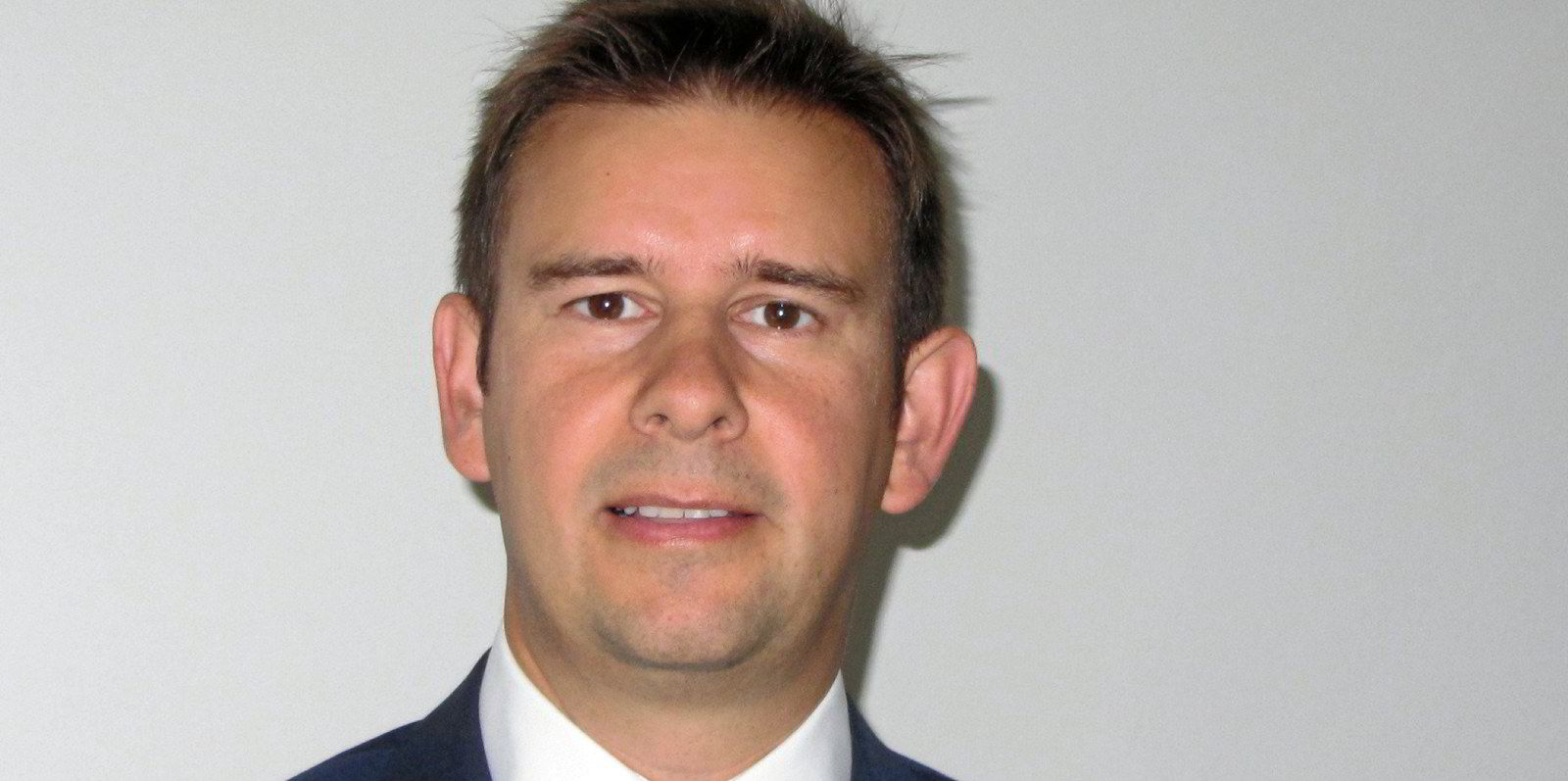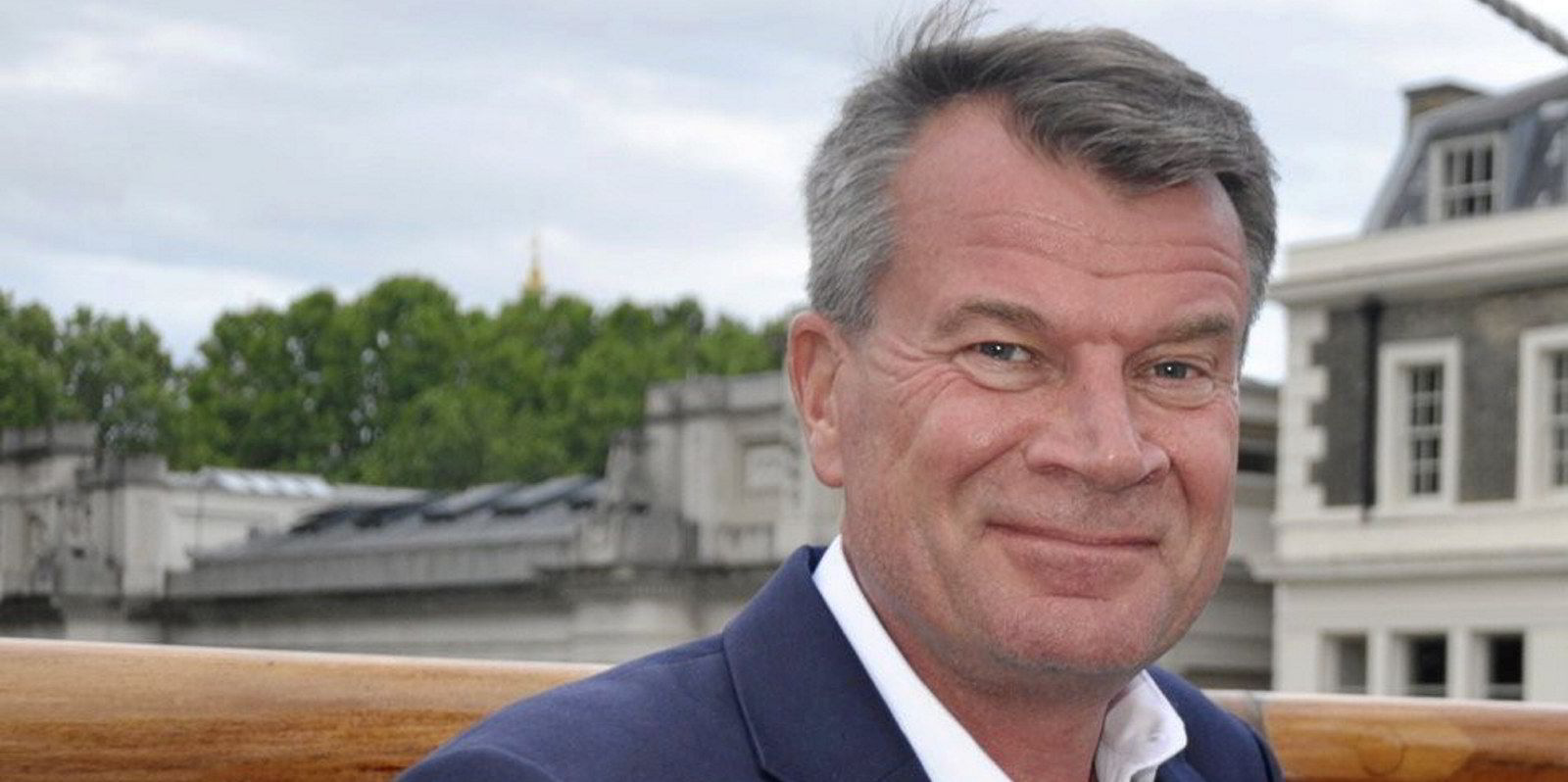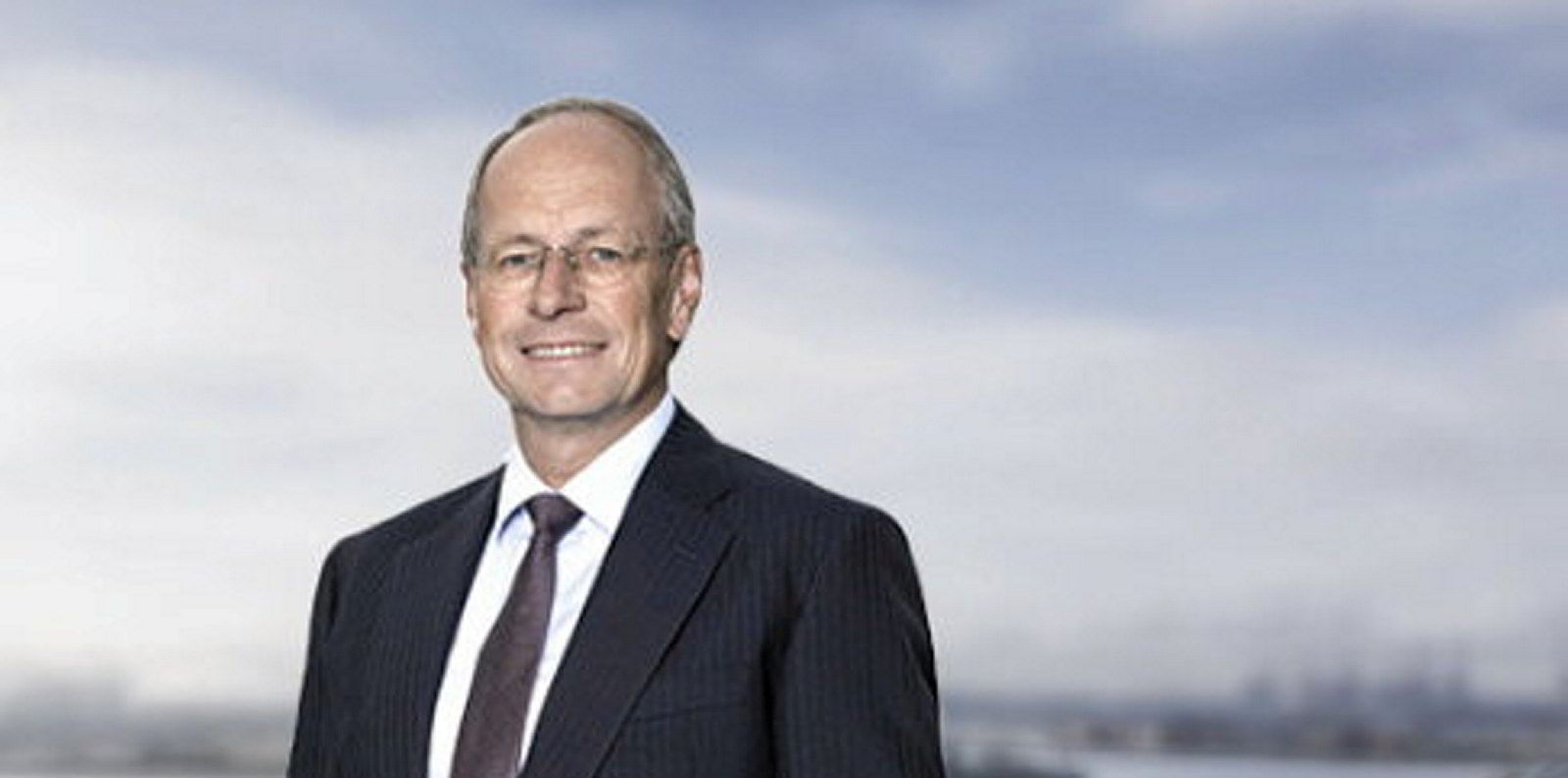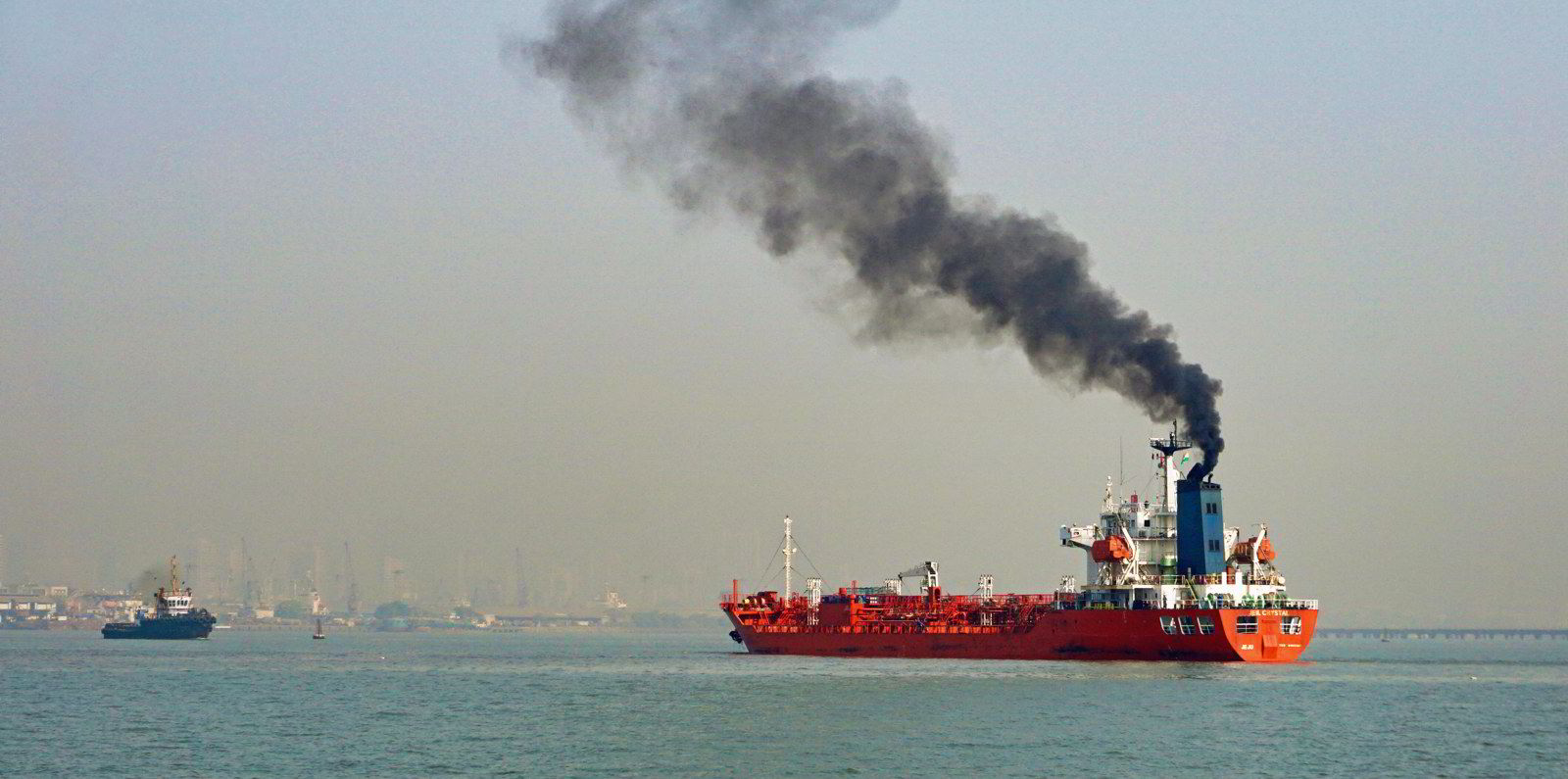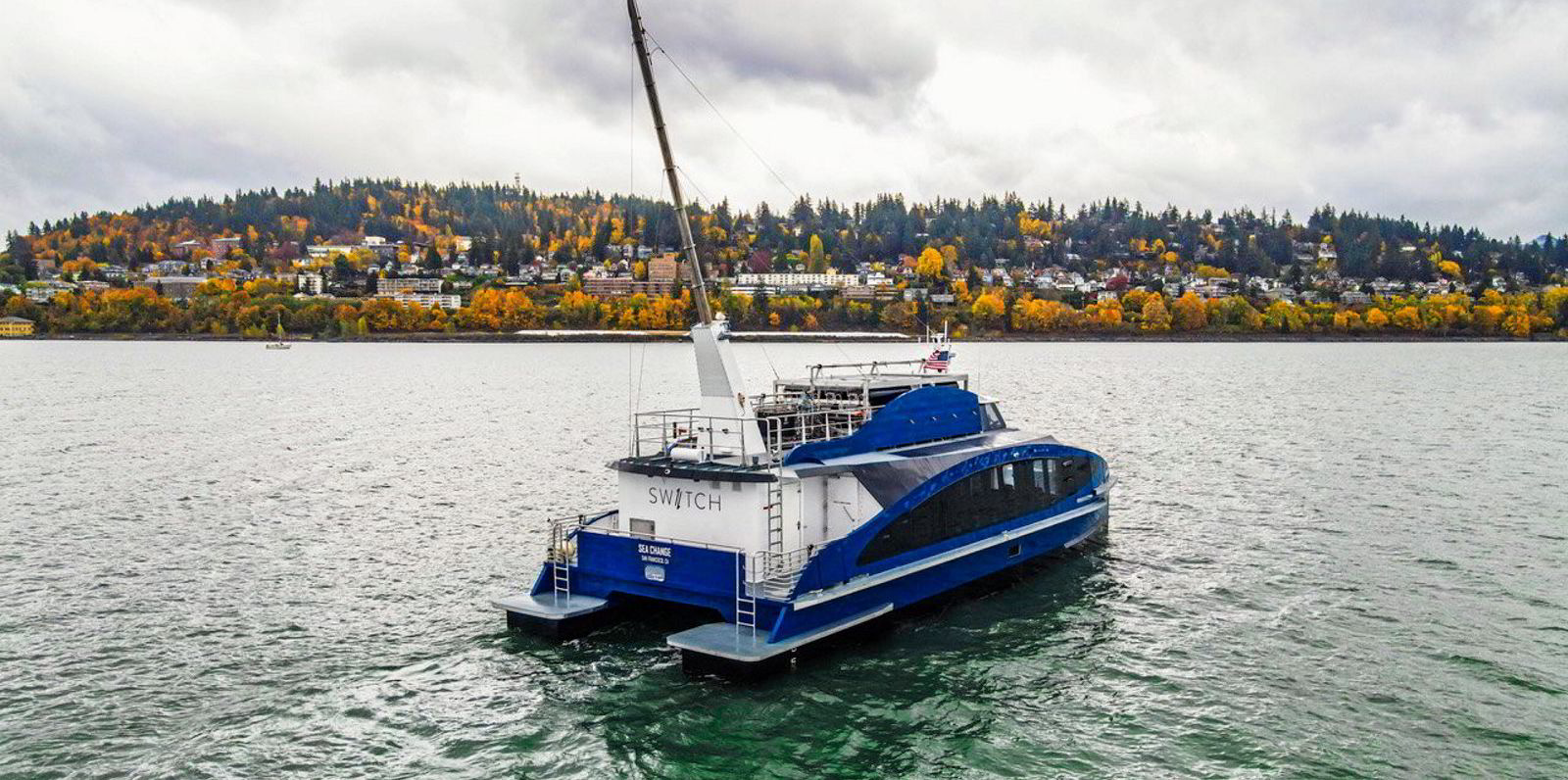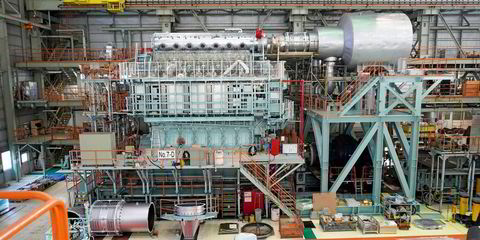Tanker giant Torm believes more needs to be done today to tackle climate change and has brought the deadline for its carbon targets forward by five years, chief executive Jacob Meldgaard told TradeWinds.
The Danish shipowner aims to cut emissions from its product tanker fleet by 40% over the next three years, down from the 2008 baseline set by IMO. Its previous deadline was 2030, in line with IMO targets.
Torm estimated that it has already made a 22% cut as of 2020, according to its latest report on environmental, social and governance (ESG) issues.
Meldgaard, told TradeWinds that more needs to be done "right now" in the name of tackling climate change, rather than meeting regulatory requirements.
"When you have the ability, then you have the obligation to make a difference today, and I think making a difference is also about setting a high bar now," he said.
"It's all the small things in aggregate that make a difference today — it's not that we have invented hydrogen because that's, of course, one big leap."
Meldgaard said making lots of small, technical changes and educating staff should be done in parallel with making big "moonshot" changes such as alternative fuels.
"It will have a big impact on society — that you actually do something today rather than sit back and say, 'Listen, we are going to have this moonshot at a certain stage, which is going to save us all'," he said.
"Because if you don't take climate seriously before, then we won't get to the moonshot."
In mid-2021, the IMO agreed targets that would cut the carbon intensity of vessels by 2% annually between 2023 and 2026, ultimately aiming to achieve a 40% reduction in the carbon intensity of the existing fleet by 2030.
At the time, the plan was criticised by non-government organisations and some shipowners as weak and lacking in ambition.
Investment
Meldgaard said Torm plans to spend around $20m during the next year on projects that will be rolled out over the next two years to reduce emissions from its fleet of 85 product tankers.
This is just the beginning, he said. The company is working to identify other projects and further investments that it might make in the future.
Torm has already earmarked projects where it will make investments, which will be funded from its operational cash.
But this more urgent mission will not be the preserve of just Torm's technical department. The whole group will be expected to engage in meeting the targets, including its staff at sea.
"This is a corporate KPI [key performance indicator]," Meldgaard said. "I will measure upon it and the rest of the organisation will be measured upon that we actually reach it.
"It cannot be done only by putting money into whatever technology, it is also behavioural and a focus area that you need to constantly be focused upon — because it's the aggregate of the small pieces that will make you be able to reach this [target] five years ahead."
Starting point
There are three main areas that Torm wants to target initially: auxiliary engines, seafarer training and hull performance.
"We're seeing that we need to have an advanced initiative around the usage of our auxiliary engines," Meldgaard said.
"There's been a lot of focus, in general in the industry, on the main engine, but less so on the auxiliary. There's a range of initiatives that we're seeing cropping up and we want to be on that curve."
Torm wants to use digital training to engage its seafarers in understanding and meeting its new targets because Meldgaard said "this cannot be done by sending out an email".
It also wants to look at how vessel performance can be improved by tweaking and optimising hull coatings and maintenance.
He said Torm hopes to "inspire" others — including its charterers and rivals — to make similarly ambitious moves. But he said firmly: "This is not a competition."
Meldgaard said Torm is in "constant dialogue" with its customers about how to reduce emissions from shipping and many of its clients have their own ambitions. He did not say how charterers would be involved in the project specifically.
"I believe that we can all do more and we are putting ourselves up for this and saying, 'This is what can be done'," he said.
Torm has decided to join the Maersk McKinney Moller Center for Zero-Carbon Shipping as a mission partner.
The shipowner is already an active participant of two other collaborative bodies that focus on developing emission-free shipping.
Torm is a founding member of the ShippingLab, a collaborative effort to research and develop Denmark’s first "environmentally friendly" ship.
Torm is also part of the Getting to Zero Coalition, a partnership between industry and governments that aims to develop commercially viable zero-emission vessels powered by zero-emission fuels by 2030.
